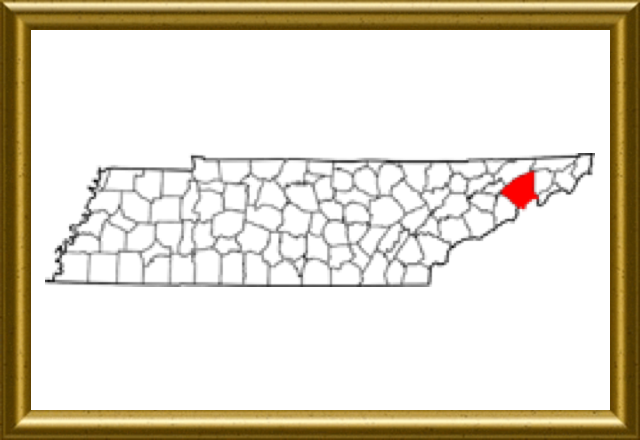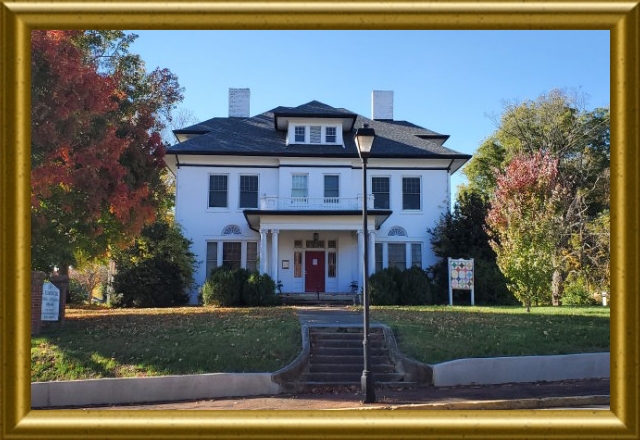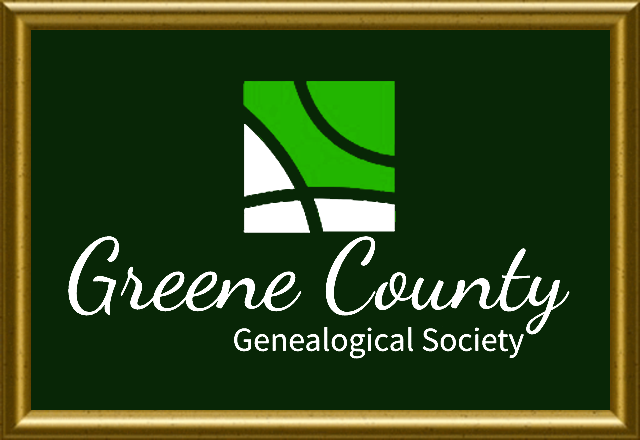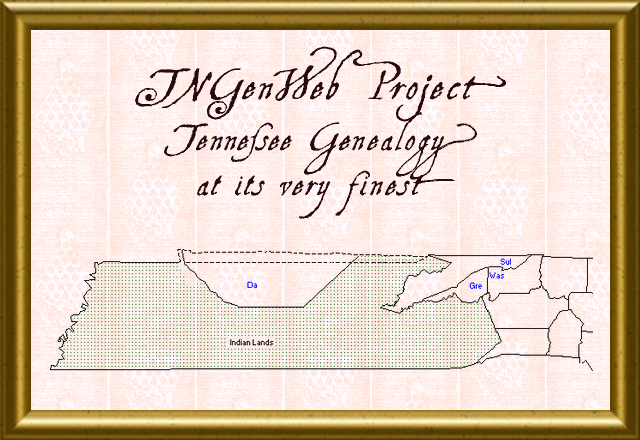
The area known today as Greene County, Tennessee, was leased from the Cherokee people by Jacob Brown in the 1770s. Greene County was then formally established in 1783, having been formerly part of Washington County, North Carolina. Because of this early European settlement of the area and the many settler families soon to follow, family trees often have roots in Greene County. Luckily Greene County and Tennessee records are largely well maintained. We provide this page of resources to assist those pursuing genealogical research focused in this area.
Research Resources
One challenge of genealogical research in Greene County is knowing exactly how and when the geographic and political boundaries defining the county shifted over time. Beginning with the county’s formation in 1783, its boundaries have shifted several times since. The Tennessee County Formation Map project documents these changes with an interactive map, showing the year and boundary configuration as each of Tennessee’s ninety-five counties came into existence.

Compiled Tennessee Genealogical Resources
FamilySearch.org is a website supported and maintained by The Church of Jesus Christ of Latter-day Saints, a religious organization with a rich history of genealogical research. FamilySearch.org contains many digitized records and histories of families from all over the United States and beyond. FamilySearch has created a wiki page for each U.S. state, including Tennessee, aggregating many of the resources for genealogical research available online.

Compiled Greene County Genealogical Resources
LDSGenealogy.com is a privately owned and operated site. It states its mission as “dedicated to helping families find their ancestors through our extensive records directory and genealogy articles.” The site, similar to the one listed above, has pages of compiled genealogical resources at the county level for many, if not most counties in the United States. Greene County, Tennessee, is no exception. The Greene County page contains cemetery records, church records, census records, city directories, histories and genealogies, immigration records, maps, newspapers and obituaries, and school records.

T. Elmer Cox Genealogical & Historical Library
The T. Elmer Cox Genealogical & Historical Library is a branch of the Greeneville/Greene County Public Library and has been operating as such since the year 2000. Located on Main Street in Greeneville, the library houses a wealth of genealogical resources as well as archived records for the Greene County Courthouse. T. Elmer Cox was himself a student of Greene County history and bequeathed the monies to establish the library. He also donated his own research and record collection. A visit to the Cox Library is priceless. However, if you are unable to visit in person, the library also has a small portion of its extensive collection online.

Greene County Genealogical Society
The Greene County Genealogical Society was founded in 1985, with a mission of “preserving the histories of Greene County families and their contributions to our community.” Today the society meets triannually and publishes a journal biannually, called The Pioneer. GCGS also has a collection of digital archives housed on its website. Digital resources available include funeral home records, cemetery records, post office and postmaster records, historical maps and documents, as well as rosters and information about Greene Countians serving in armed conflicts.
The Genealogical Research System is a free, public resource provided by the National Society Daughters of the American Revolution. The GRS contains much of the information amassed by the NSDAR since its founding in 1890. There are three means of accessing the information store in the GRC: (1) using the name of an American Revolutionary War Patriot ancestor, (2) using the NSDAR membership number (called national number) of a current or former member, or (3) using the name of descendants of an American Revolutionary War Patriot ancestor. The GRS can be useful to ascertain how much of your family line is already proven in NSDAR records. You will not need to re-prove any of the established information.


